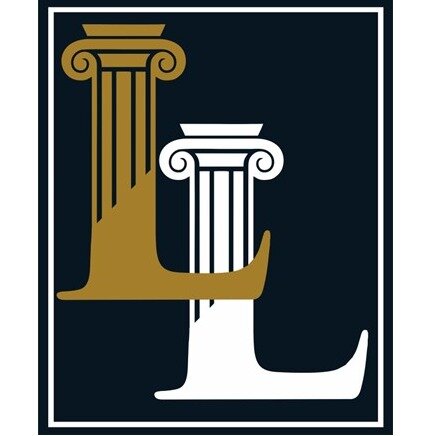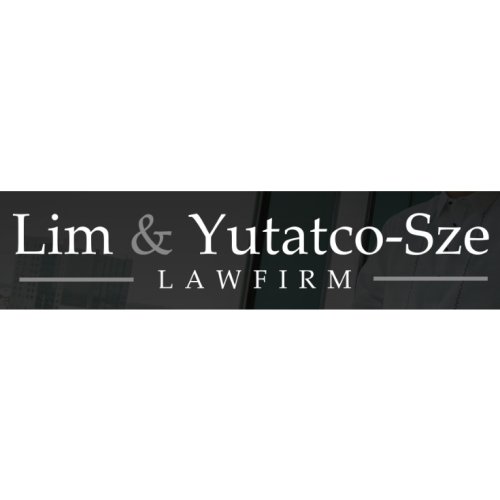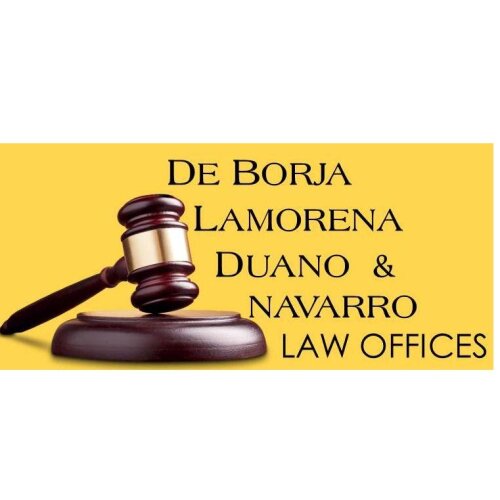Best Art & Cultural Property Law Lawyers in Manila
Share your needs with us, get contacted by law firms.
Free. Takes 2 min.
List of the best lawyers in Manila, Philippines
About Art & Cultural Property Law in Manila, Philippines
Art & Cultural Property Law in Manila, Philippines, is a specialized area of legal practice that deals with issues related to the creation, ownership, and protection of artistic works and cultural heritage. This field of law encompasses regulations on the preservation of cultural artifacts, intellectual property rights related to art, and compliance with international treaties on cultural heritage. In the Philippines, the protection of cultural properties is intertwined with national identity and heritage, making it a significant area of legal practice.
Why You May Need a Lawyer
There are several situations where you might require legal assistance in Art & Cultural Property Law, including:
- Disputes over ownership or authenticity of artworks or artifacts.
- Legal issues related to the export or import of cultural property.
- Protection of intellectual property rights for artists and creators.
- Compliance with national laws and international conventions on cultural heritage.
- Advisory on the acquisition or sale of art and cultural properties.
- Navigating restitution or repatriation claims for cultural objects.
Local Laws Overview
The legal framework for Art & Cultural Property Law in Manila, Philippines, is guided by several key pieces of legislation and international agreements:
- Republic Act No. 10066 - National Cultural Heritage Act of 2009: This act provides the framework for the conservation, preservation, and promotion of Philippine cultural heritage.
- Intellectual Property Code: Governs copyright, trademarks, patents, and other intellectual property rights that protect artists and creators in the Philippines.
- National Commission for Culture and the Arts (NCCA): This governmental body oversees cultural preservation and provides guidance on cultural property regulations.
- UNESCO Conventions: The Philippines is a signatory to various UNESCO conventions that aim to protect cultural heritage and address illicit trafficking of cultural properties.
Frequently Asked Questions
What is considered cultural property under Philippine law?
Cultural property refers to anything of importance to the cultural heritage of the Philippines, including historical artifacts, artworks, libraries, archives, and sites of historical interest.
Who is responsible for issuing permits for the export of cultural properties from the Philippines?
The National Museum of the Philippines and the National Commission for Culture and the Arts (NCCA) are responsible for issuing permits for the export of cultural properties.
How can artists protect their works in the Philippines?
Artists can protect their works by registering them under the Intellectual Property Office of the Philippines to obtain copyright protection, ensuring they retain control and can seek legal redress against infringement.
What are the penalties for the illegal trafficking of cultural properties in the Philippines?
Penalties can include imprisonment, significant fines, and the confiscation of the illegally trafficked items.
How does one challenge the authenticity of an artwork in Manila?
You may need to involve experts such as art historians or appraisers and seek legal counsel to file a suit or claim officially, depending on the case circumstances.
Can cultural properties be privately owned in the Philippines?
Yes, individuals can own cultural properties; however, there are restrictions and responsibilities, especially if the item is deemed a national treasure.
What do I do if I find an artifact on my property?
Immediately report the discovery to the National Museum or a relevant local government agency, as the artifact may have historical or cultural significance.
Are there restrictions on digital art under Philippine law?
Digital artworks are protected under the Intellectual Property Code, similar to traditional artworks, regarding copyright and reproduction rights.
How can disputes between galleries and artists be resolved?
Disputes can often be settled through mediation or arbitration. Legal intervention might be required if amicable resolutions are not reached.
What role does the NCCA play in cultural property law?
The NCCA plays a regulatory and oversight role, ensuring compliance with cultural heritage laws, issuing guidelines, and sometimes enforcing penalties.
Additional Resources
The following resources may be helpful for individuals interested in Art & Cultural Property Law:
- National Commission for Culture and the Arts (NCCA): Provides information and guidelines on cultural preservation.
- Intellectual Property Office of the Philippines: Offers resources on protecting intellectual property rights related to art and cultural works.
- National Museum of the Philippines: Key point of contact for matters related to cultural property and heritage protection.
Next Steps
If you require legal assistance in Art & Cultural Property Law, consider the following steps:
- Identify the specific legal issue you are facing related to Art & Cultural Property Law.
- Research and select a reputable lawyer or law firm in Manila that specializes in cultural property or intellectual property law.
- Prepare all necessary documentation and information relevant to your case or inquiry.
- Schedule a consultation to discuss your situation and explore potential legal strategies and solutions.
Taking these steps will help ensure that you are well-prepared and informed as you navigate your legal needs in the field of Art & Cultural Property Law in Manila, Philippines.
Lawzana helps you find the best lawyers and law firms in Manila through a curated and pre-screened list of qualified legal professionals. Our platform offers rankings and detailed profiles of attorneys and law firms, allowing you to compare based on practice areas, including Art & Cultural Property Law, experience, and client feedback.
Each profile includes a description of the firm's areas of practice, client reviews, team members and partners, year of establishment, spoken languages, office locations, contact information, social media presence, and any published articles or resources. Most firms on our platform speak English and are experienced in both local and international legal matters.
Get a quote from top-rated law firms in Manila, Philippines — quickly, securely, and without unnecessary hassle.
Disclaimer:
The information provided on this page is for general informational purposes only and does not constitute legal advice. While we strive to ensure the accuracy and relevance of the content, legal information may change over time, and interpretations of the law can vary. You should always consult with a qualified legal professional for advice specific to your situation.
We disclaim all liability for actions taken or not taken based on the content of this page. If you believe any information is incorrect or outdated, please contact us, and we will review and update it where appropriate.
















